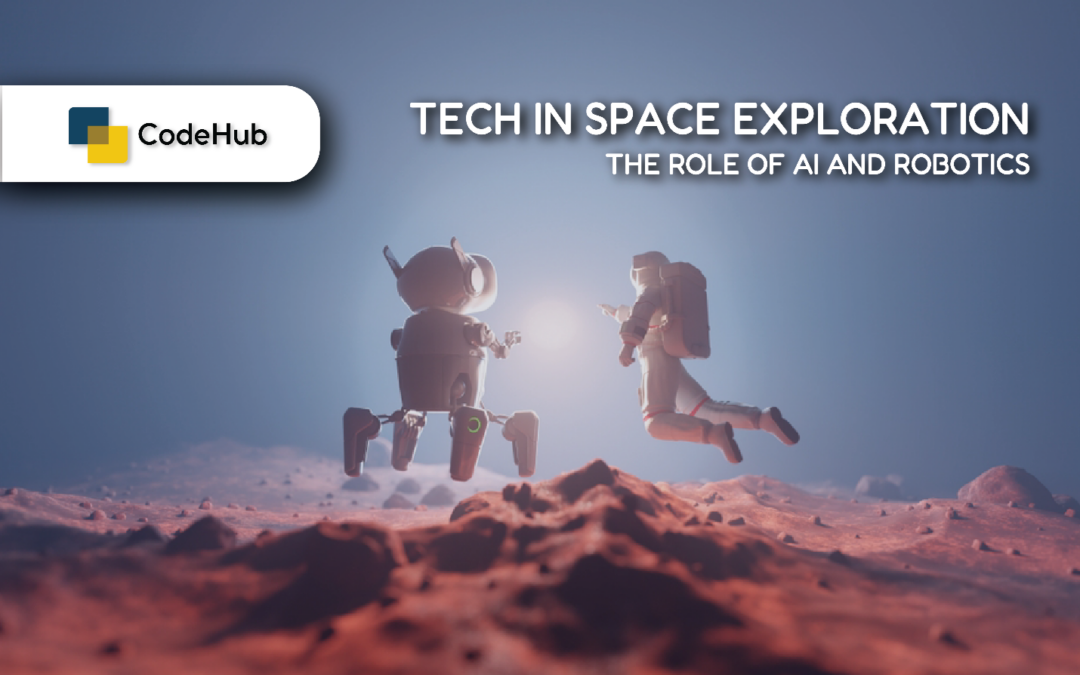Space exploration is entering a new era, with artificial intelligence (AI) and robotics playing a pivotal role in advancing our reach beyond Earth. As missions become more complex and distant, AI and robotics are essential for ensuring efficiency, safety, and success in the vast and unpredictable environment of space.
AI is revolutionizing space exploration by enabling spacecraft to operate autonomously. Autonomous navigation systems, powered by AI, allow spacecraft to make real-time decisions without waiting for instructions from Earth. This capability is crucial for missions to far-off destinations like Mars, where communication delays can be significant. AI also assists in processing vast amounts of data collected from space, identifying patterns, and detecting anomalies faster than any human team could.
Robotics, on the other hand, extends human capabilities in space. Robotic arms, such as those used on the International Space Station (ISS), perform delicate tasks like repairs and satellite deployment. Rovers like NASA’s Perseverance on Mars are equipped with advanced robotics and AI, allowing them to navigate rugged terrain, conduct scientific experiments, and search for signs of life.
In the future, AI and robotics will play a central role in establishing human colonies on other planets, building habitats, mining resources, and conducting remote research. These technologies not only push the boundaries of what’s possible but also reduce the risks to human astronauts, making space exploration safer and more efficient.
As technology advances, AI and robotics will continue to shape the future of space exploration, driving humanity’s quest to explore and understand the cosmos.

